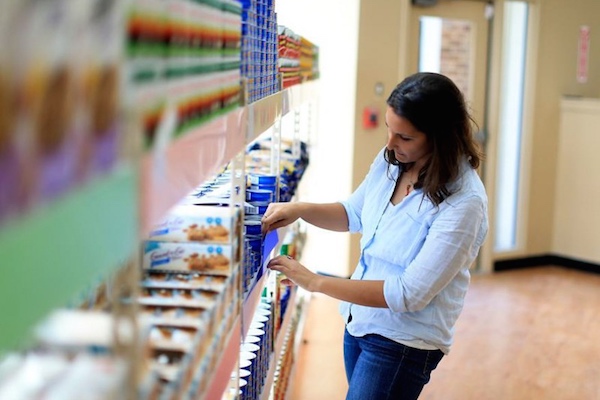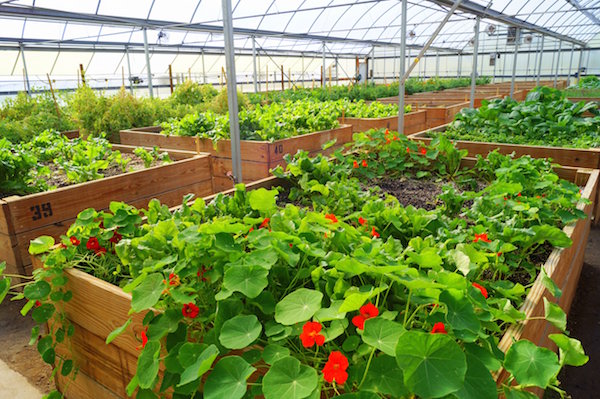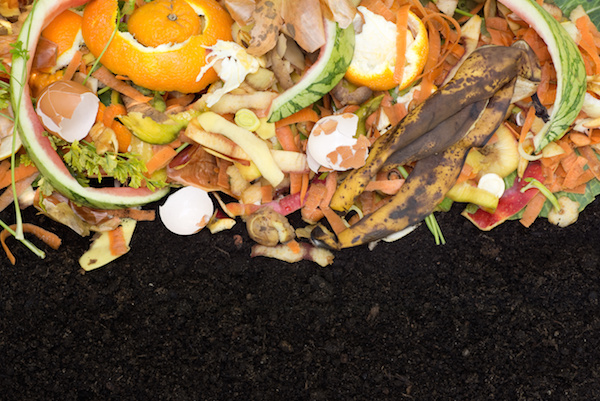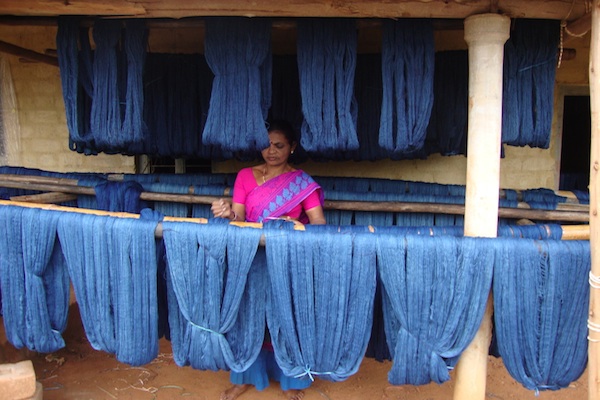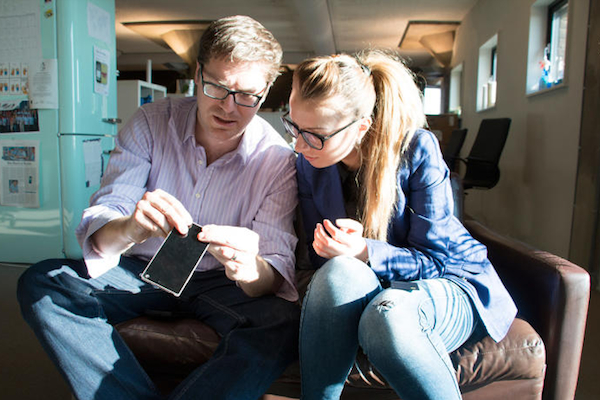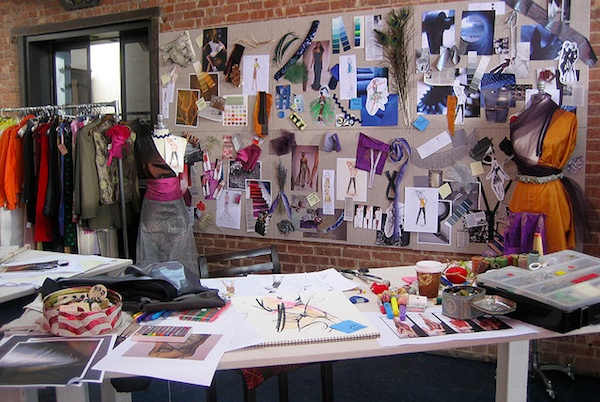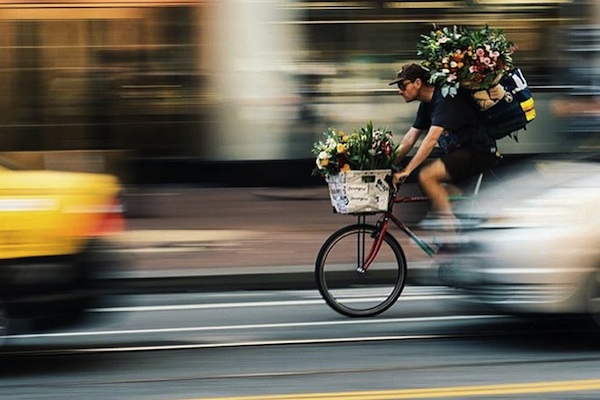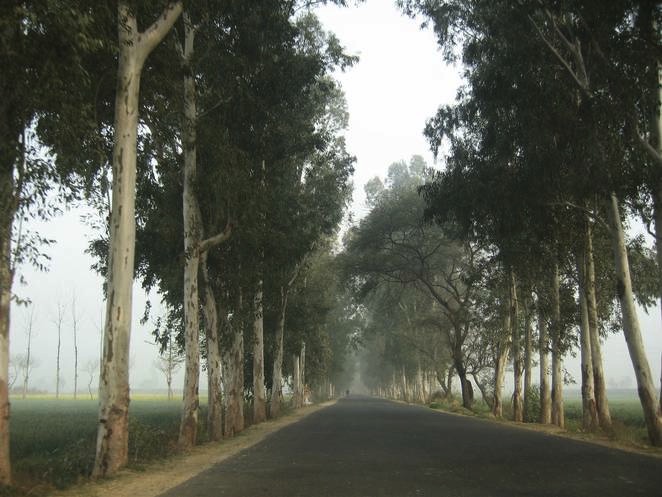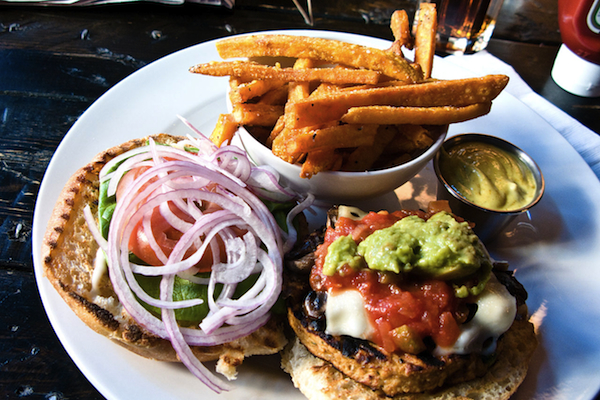Imagine Whole Foods at dollar-store prices—a new company called Daily Table is shifting the power back to people of lower income, so they too have the option of eating right. This has long been the frustration of healthy food – that for some reason eating properly is saved for a wealthier segment of society. This isn’t the way it needs to be. With over 30 per cent of the national food supply wasted in the U.S., there is plenty to go around at affordable prices. This was the realization of Doug Rauch, former president of Trader Joe’s and CEO of Conscious Capitalism, when he founded Daily Table, a not-for-profit grocery store. (According to their website, “there are plans to open additional stores in both the greater Boston area and additional cities across the country.”) The first location opened in Dorchester, Boston on June 4, 2015 and as the very first line of Time’s article reads in large bold text, “Tons of items are under $1.” Doug Rauch, former president of Trader Joe’s, has founded a new low-cost health food store called Daily Table. The first store opened in Boston on June 4, 2015. “The answer here isn’t a full stomach, […]
Continue reading... →–and the average American does that 17 times a year. Food waste is a staggering problem. In 2010, close to 133 billion pounds, or a little over $160 billion worth of food, wound up in U.S. landfills. Kai Olson-Sawyer, a senior research and policy analyst at GRACE Communications Foundation, an organization that highlights the relationship between food, water and energy resources explains, “The fact is that food waste is truly a waste to all humanity of every kind.” That’s because when you toss a rotten apple or a moldy container of leftovers, you’re not just throwing away the food, but all the resources that went into producing it. “It’s really important to understand where and how things are grown,” says Ruth Mathews, executive director of the Water Footprint Network, an organization founded in 2008 to advance sustainable water use. Water plays a major role in food production, and as a result, food waste translates to an enormous amount of water wastage. All foods have a water footprint, the direct and indirect water that goes into producing a certain food—although some footprints are larger than others. In general, meats tend to need the most water for production, primarily because of the amount of food […]
Continue reading... →East Coast business uses clean technology to take food waste out of landfills and put it into your garden. Imagine a big composting machine that processes food waste by the ton. It’s not only bigger than the compost heap you have stirring in your backyard; it’s faster, too. That’s the idea behind Converted Organics’ high-temperature liquid composting technology. The Boston-based company takes food waste from grocery stores, restaurants, and processing facilities around Boston, New York and New Jersey and turns it into an eco-friendly fertilizer that gardeners can use in their backyards. Unlike your backyard compost pile, where dairy and meat products are a big no-no, Converted Organics accepts all types of food waste, including fruits, vegetables, and meats. “Meats have high nitrogen compounds from additional protein,” says Rob Bayless, the company’s vice president of manufacturing, explaining why taboo compost additives are a key ingredient to the Converted Organics mix. Contrary to backyard composting methods, they then liquefy the food waste. This not only breaks down the material to keep it from producing that nasty odor associated with decomposing garbage, it allows oxygen to more easily enter the mix, explains Bayless. Air is inserted into the liquefied food waste, making […]
Continue reading... →Maybe you should reconsider that new iPhone. The Fairphone is a modular handset designed with repairability and ethical sourcing of its materials as headline features. It sold 60,000 units. Amazingly, for what sounds like a nerd-phone, almost half of those buyers had never owned a smartphone before. Now the Fairphone 2 is launching, and with a totally-new, in-house design. The new phone is even easier to repair, and because it was wholly designed by the FairPhone team, its supply chain is even more responsible than ever. The Fairphone is thicker than the latest iPhone or Samsung flagship, but that’s the point. Instead of packing everything into a tiny case and keeping it there with glue, the Fairphone is designed to be taken apart. The lightweight magnesium frame supports modules that can be easily replaced by the user. “We have designed it with an aim to last three to five years, looking at making it robust and modular—for repairability,” says Fairphone’s chief communications officer, Tessa Wernink. Obviously how long it lasts depends quite heavily on the user, so what we as a company are doing is offering an ecosystem around the phone that supports long-lasting use, first-hand or second-hand.” Inside the […]
Continue reading... →The Ethical Fashion Forum wants to “do fashion better.” To achieve that, the London-based industry body is shoring up its arsenal of tools and services to help fashion professionals and businesses boost their sustainable and ethical profiles. The rebranded “Mysource”, which Ethical Fashion Forum founder Tamsin Lejeune describes as the organization’s “next phase,” will build on the current “Source” platform. One major improvement? A Match.com-style algorithm to pair users with people and resources best-suited to their needs, “so that fabric, manufacturer, market report, line sheet template, or business connection you were looking for will pop up straight away,” Lejeune explained. FASHION DONE BETTER Mysource will also rank users according to an “integrated bench-marking system” that includes social, environmental, and commercial criteria. “We’re working with partner organizations to make this as robust as it can be. The higher users are ranked, the more profile they get on the site,” said Lejeune. “So that small, Ethiopian shoe brand with a great product that is changing lives, could stand out to buyers and get extensive profile on the site.” But all these bells and whistles don’t come cheap. The Ethical Fashion Forum says it’s hoping to raise £400,000 through Crowdcube to take the […]
Continue reading... →Visit San Francisco, and you might see a bicycle whizzing past with dozens of bouquets. While receiving flowers always makes people smile, Farmgirl Flowers gives people even more reasons to smile—sustainable practices and American-grown flowers. Here, Farmgirl Flower founder Christina Stemble talks with Urban Farm about how she keeps her blooming business—now nationwide—in line with her mission of sustainability. How did Farmgirl Flowers get its start? I started Farmgirl Flowers about five years ago, in Nov. 2010, with an idea of how to change the way flowers are purchased in the U.S. I’d like to say I started the business because I have a passion for flower, but in truth it wasn’t a burning desire to work with flowers: It was a dream to start a business that did something good. When working at Stanford University as the director of alumni relations and campaign outreach for the law school, I noticed that the flowers we would order for events cost more than I thought they should. That led me to start researching the flower industry, which is when I found that it was a huge industry, but with a tremendous number of problems and very little innovation. So I set […]
Continue reading... →The rest of the world should plant more trees too India’s Rural Development Ministry has decided to try to tackle two problems at the same time: Youth unemployment and bad air quality. It has unveiled a plan to hire youths – potentially up to 300,000 – to plant 2 billion trees along the country’s highways. “The length of National Highways in the country is one lakh kilometer [about 62,137 miles]. I have asked officials to come out with a plan to plant 200 crore [2 billion] trees along these stretches which in turn would create jobs for the unemployed on the one hand and protect the environment on the other,” said Shipping and Rural Development Minister Nitin Jairam Gadkari. Not only would this help provide jobs to a segment of the population that needs them and make the country more beautiful, but trees are also great at improving air quality. India tends to have big problems with that, as does much of Asia and the Middle-East: A recent study shows that tree leaves can capture a substantial amount of particulate pollution. The research was conducted in the UK; The scientists started by measuring how much air pollution go into a […]
Continue reading... →About a year ago, Meatless Monday featured “Cowspiracy,” the documentary linking animal agriculture and environmental disaster. The film just nailed distribution through Netflix . Kip Andersen, co-producer/director of “Cowspiracy: The Sustainability Secret,” considered himself to be an environmentalist. He recycled to reduce waste, took quick showers to save water, supported several environmental organizations. Then “I did some research and discovered all these incredible things — rainforest destruction, species extinction — can all be tied to animal agriculture. Jeez, this is the cause?” And if so, why was no one talking about it? Stunned, Andersen “checked the websites of my favorite nonprofits — Greenpeace, Sierra Club, Surfrider — I didn’t see anything on there. I started emailing and calling over months, years, and no avail. That’s when I started to step this up, that’s when I teamed up with Keegan [fellow producer/director Keegan Kuhn] to get to the bottom of this.” The bottom, it turns out, is a long way down. The feature-length documentary follows Anderson on his journey into the heart of darkness. And silence. “There’s suppression and mismanagement of information,” says “Comfortably Unaware” author Dr. Richard Oppenlander, the degree of which surprised even Kuhn of First Spark Media. “I […]
Continue reading... →